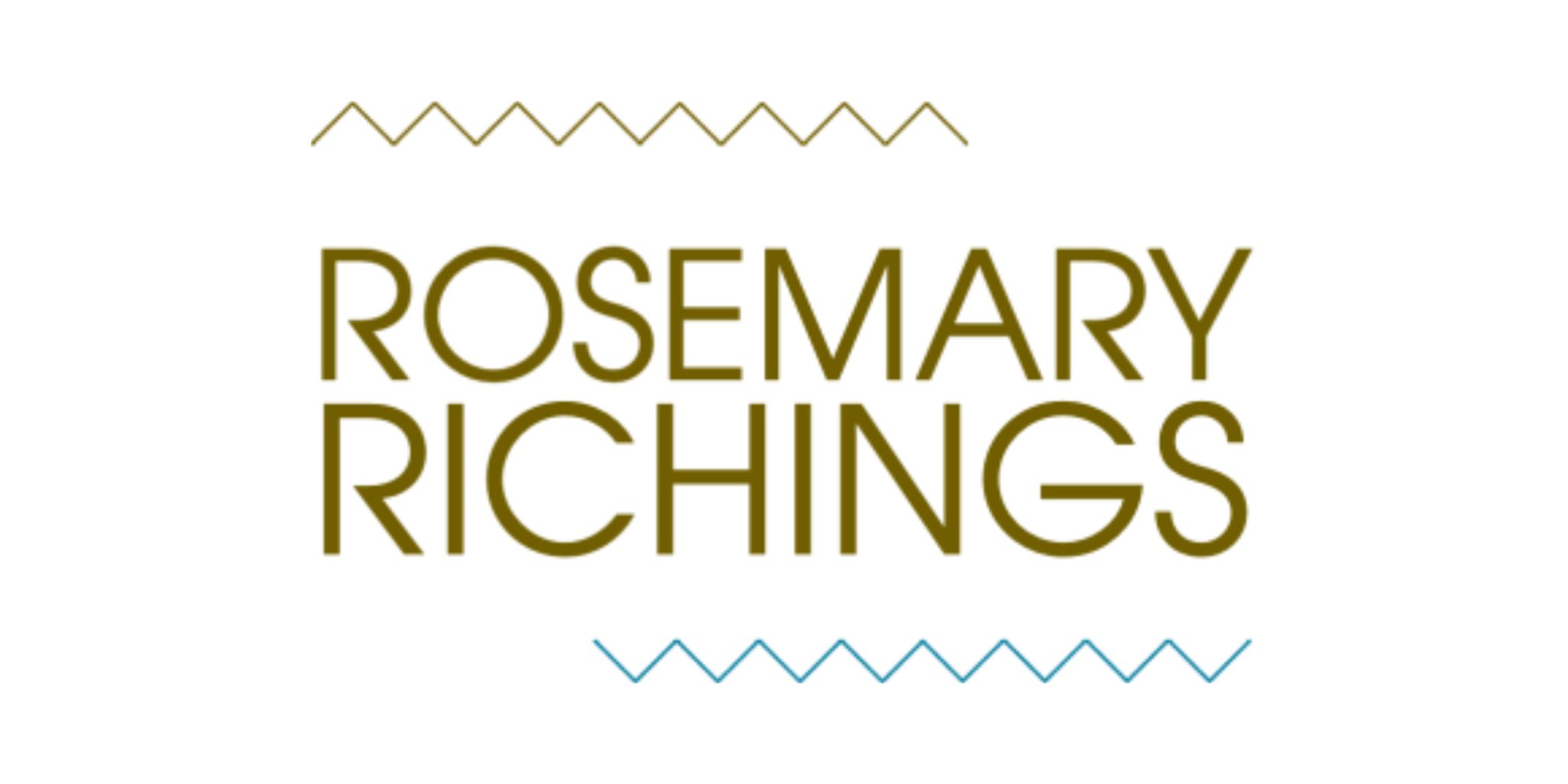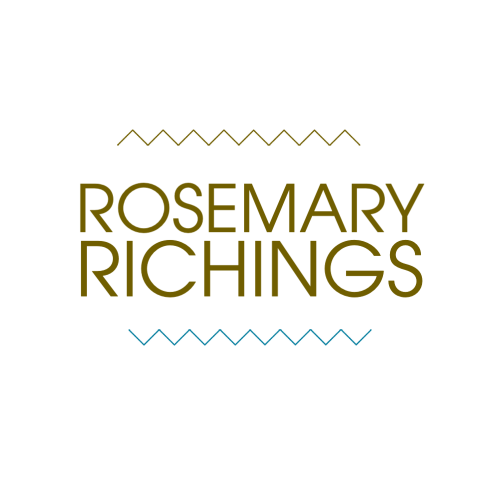Because if there’s one thing we all have in common, it’s the fact that we all have a story to share, and a desire to share it. However, being authentic is a buzzword that gets thrown around a lot, and there’s a very real reason why it’s on the minds of so many different content creators.
Why is everyone so obsessed with being authentic?
This creates a lot of pressure to do things differently. And being authentic is one of the most popular strategies for that. Here are some ways you can achieve authenticity without seeming like you’re trying too hard.
1. Being authentic starts with your tone…
First of all… everyone’s approach to blogging is slightly different. But when it comes to marketing/ branding, being clear and concise can sell anything.
Therefore, I ask all my clients the same question: how they would describe your work to a close friend?
When you’re writing something where selling a product or service is the end goal…
You’re often talking to people who have never worked in your industry. If you have a lot of buzzwords that people have to look up, you’ll alienate your audience. The same rule applies to the topics you write about.
When I challenge clients to explain their work in the same way they would explain it to a friend, they let their guard down.
Suddenly, their choice of words sounds like a conversation with a friend about they’re up to these days. If capturing your way of speaking is difficult, I encourage you to consider the same question.
2. Being authentic is a process where you focus on the entire journey
Every time I log in to Facebook I’m bombarded with ads from:
- Women who look like supermodels
- And men who dress like Don Draper from Mad Men.
Yet, all these people have 1 thing in common: they fulfilled challenging fitness and financial goals way quicker than what seems realistic to me.
However, joining groups of like-minded people, and including meditation and fitness in my routine has helped me reject the false promise these ads throw at me. But it frustrates me that so many women of my age and demographic feel like what they’re doing isn’t good enough because of it.
Because I can’t help but question the value of instant gratification.
If you don’t want to be just like the people in the ads I see every day, you need to show people both the good and the bad of your journey.
And if being real about what’s not working for you seems terrifying, Jeff Bullas’ take on the benefits of blogging is worth considering:
Connection with global communities provides insights and networks that can accelerate your learning process, opportunity and success.
You change them and they change you.
If you want to use blogging as a medium for building loyalty and relationships, treat every post like an in-person conversation with someone you want to build a lasting relationship with.
Listen and respond to peoples’ concerns as much as you reflect on your own experiences. That way you can slowly start to understand each other, through sharing and responding to both your experiences and your audience’s experiences.
3) Include elements of your personal life in your content
But don’t overshare! Not sure what I mean by that? Here’s a true story that will help you understand the concept of oversharing.
Last week, I was working on an about page for a client.
Before I got started, I talked to my client on the phone about her goals, business, and expectations. FYI: that’s a routine part of every project.
Normally, all it takes is one question to understand my clients’ tastes:
What are your favourite websites in your industry and why?
When we were looking at one of her favourite websites, she asked me what’s worth sharing and what isn’t. And here’s what I told her:
Since the average person reading a website tends to have a limited attention span, share stuff from your personal life that’s applicable to the work that you do. For example, you’re a musician so facts like how you got started as a musician, what you love about it, your favourite performance, etc are the most relevant.
Overall, this applies to blogging as well. If it’s on brand and makes sense in the context of your niche, discuss it openly. If it’s an irrelevant fun fact scrap it.
You can lose peoples’ attention in seconds online, so you need to be ruthless about what is and isn’t mentioned. However, disclosing some elements of your personal life can help humanize your overall brand.
4) Take the time to show up on other platforms as well
If you’re a shy introvert I feel your pain, because I also used to be afraid of the camera.
But if you develop written content online, and people engage with your content, then you probably already have a small group of people who would love to hear you speak.
Rather than going so far outside your comfort zone that you burn yourself out, here’s a healthy alternative. Exclusively commit yourself to speaking engagements (and events) that allow you to be in full control of where you speak, when you speak, and what you talk about.
For instance, last November I did a two-part series of live streams on blogging in a private Facebook group for female entrepreneurs.
Because a majority of the participants were paying for access to these groups, I was paid a small honorarium to talk about something I love. I also had access to an audience of people with similar values and had the chance to:
- Do part one at my co-working space
- And do part two at my uncle’s apartment in London, England
Every aspect of it was well-rehearsed and well-planned. So I represented myself in a truthful and flattering light.
And this generated a lot of interest and positive feedback. My nerves kicked in for a second, but this attracted a cluster of readers who had heard me speak and like what I represent.
If you gravitate towards opportunities where your audience can connect words on a computer screen to a face, a way of speaking, and a particular look…
You’ll unlock a deeper form of emotional connection with your audience. That’s exactly why it’s so important to prepare in advance, and only choose podcasts, events, and YouTube channels where like-minded people tend to hang out. Since people tend to overthink this too much, consider the following:
- What do the listeners, guests, and commenters have in common?
- Are your interests and areas of expertise something that this audience wants to learn more about?
- What are the people who organize or host these programs like? Are they someone that if you were to meet them in a different setting you’d get along with?
- Would your target audience tune in?
If the answers to those questions don’t perfectly align with whatever demographic you want to reach, avoid it at all costs. This will help you say “no” to stuff that isn’t a good fit for you while keeping things authentic and consistent.
But most importantly, being authentic is a fancy word for being truthful and being ourselves…
We all strive for genuine authenticity. However, figuring out what that means to our brands and businesses is the first step in creating content that leaves a positive impression on other people. And that’s not as easy as it looks.
PS: New articles are published bi-weekly on Mondays. Browse more posts:
50+ B2B articles →
100+ writer-to-writer articles →




